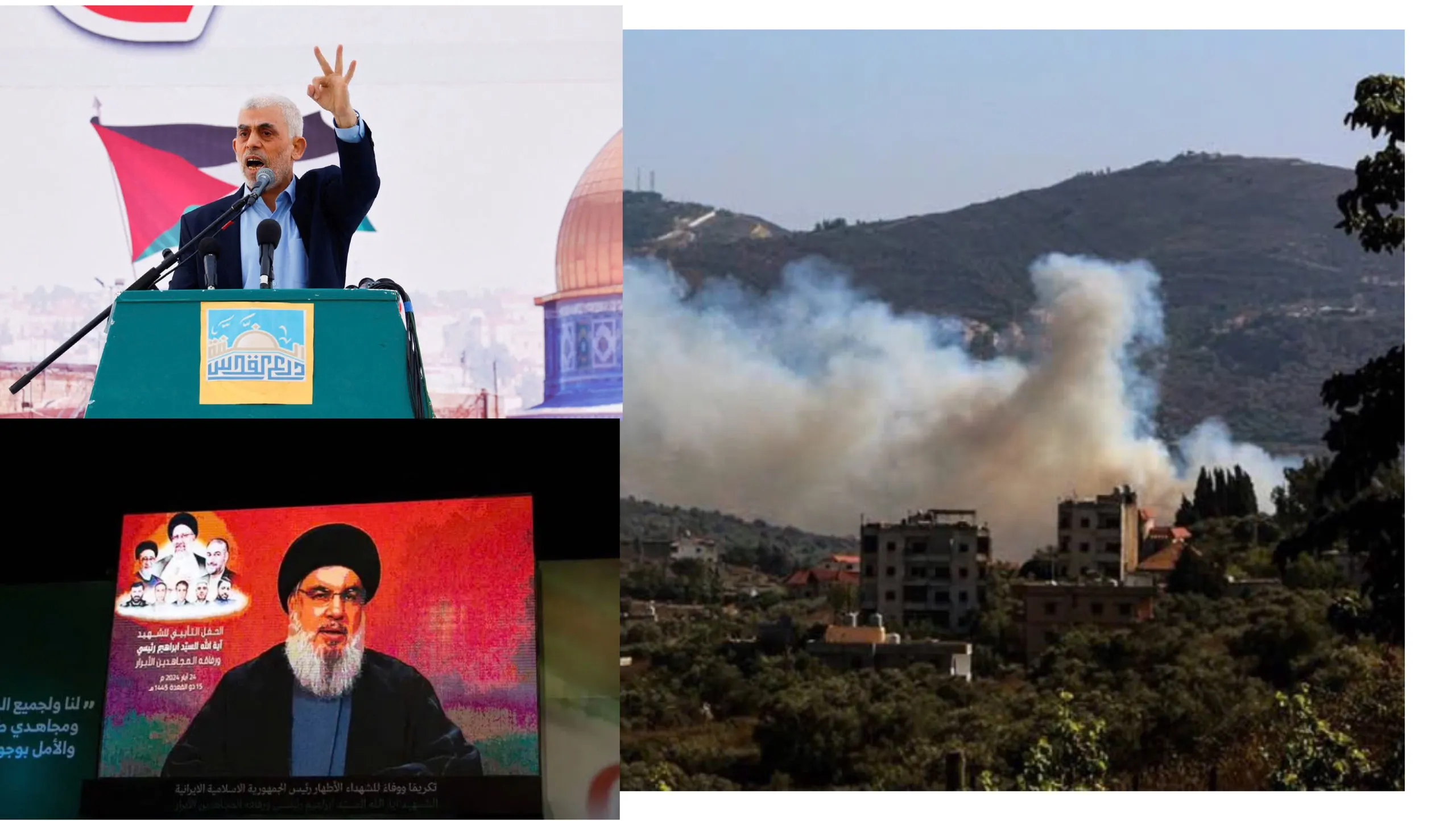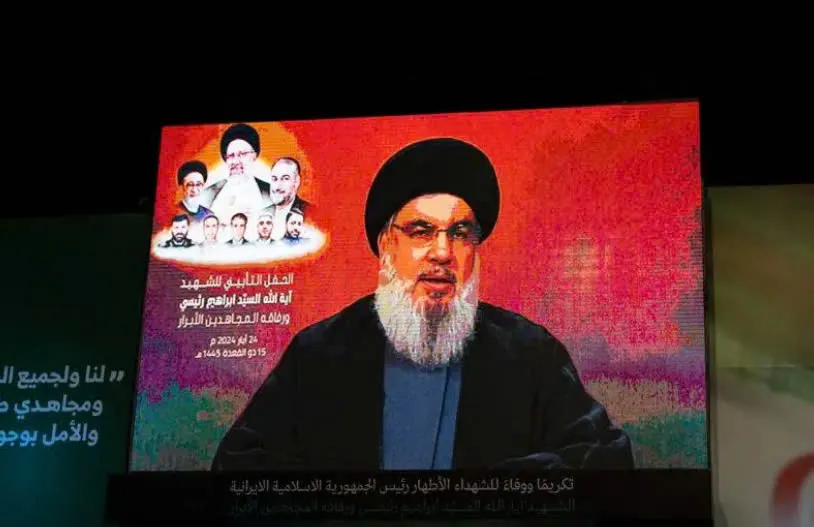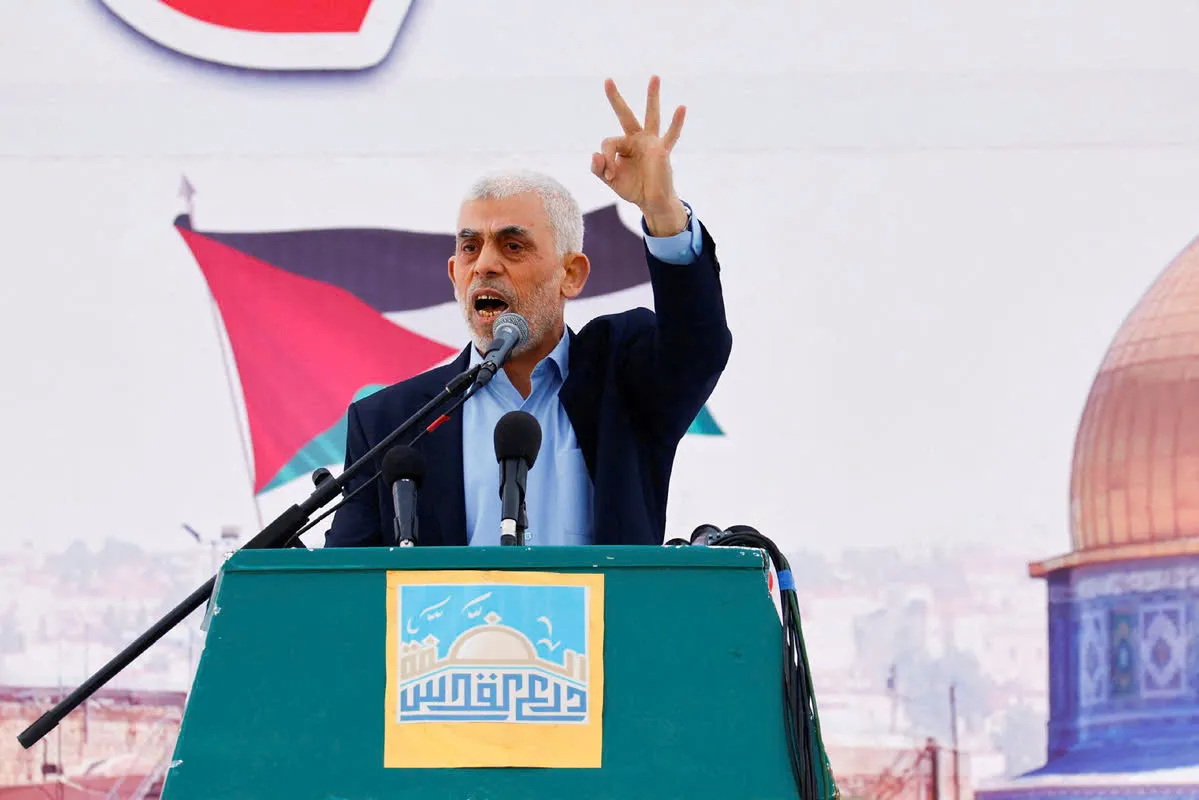
Hezbollah leader Hassan Nasrallah has categorically declared that any international effort to persuade the group to abandon retaliation is futile. This declaration not only demonstrates the organization’s strong determination but also draws the world’s attention to Hezbollah’s influence in the complex geopolitical context of the Middle East.
On August 6, Hezbollah Secretary General Hassan Nasrallah issued a strong statement promising a “strong and effective” response to the assassination of the organization’s military commander by Israel last week. He did not hesitate to affirm that Hezbollah will act alone or in coordination with its regional allies.
Nasrallah has said that the organization will wait for the right moment to respond, without publicly hinting at a specific form or timing. He also rejected any intervention from the international community, stating that any attempt to prevent the group from retaliating would be unsuccessful.
Nasrallah’s statement not only demonstrated his determination and concern for the group’s dignity and steadfastness, but also posed a major challenge to the international community and its regional rivals. The rising tensions in the Middle East were evident in these statements, emphasizing that any conflict could lead to serious and unpredictable consequences for the entire region.
“Whatever the consequences, the resistance will not let the Israeli attacks go unpunished,” Nasrallah said in a televised speech marking a week since the assassination of Hezbollah military commander Fuad Shukr in Beirut. “Our response… will be strong, effective and impactful.”
Hezbollah members and supporters gathered to watch the speech in a southern suburb of Beirut, Lebanon.

Hezbollah leader Hassan Nasrallah is seen during a televised speech in Lebanon, May 2024. Photo: Getty Images
Shortly before the Hezbollah leader’s speech began, Lebanese media reported a series of sonic booms, likely from Israeli warplanes swooping low over Beirut, rattling windows across the city and sending people ducking for cover.
There was no immediate comment from the Israeli military on the activity. Fears of a full-scale war in the Middle East have been growing in recent days following Hezbollah’s vow of retaliation for Shukr’s assassination and Iran’s anger over the assassination of Hamas political leader Ismail Haniyeh in Tehran.
The two assassinations took place less than a day apart last week, with Israel claiming responsibility for the Beirut attack and remaining silent about the Tehran one.
The airstrike that killed Shukr on July 30 was the second time Israel has hit Beirut’s southern suburbs in 10 months of fighting between Hezbollah and Israel that has run parallel to the war in Gaza between Israel and the Palestinian Hamas movement.
Earlier on August 6, Hezbollah said it had launched a swarm of drones that struck two military sites near Acre in northern Israel and struck an Israeli military vehicle at another location.
The Israeli military said several hostile drones had been identified as flying over from Lebanon and one had been intercepted. Israeli medical officials said seven people had been evacuated to hospital, south of the coastal city of Nahariya, one of whom was in critical condition.
Sirens were sounded around the city of Acre (also known as Akko), but it turned out to be a false alarm, the Israeli military said in a statement. They also said their air force had struck two Hezbollah bases in southern Lebanon.
Earlier in the day, four Hezbollah fighters were killed in an attack on a house in the Lebanese town of Mayfadoun, about 30 km north of the border, medics and a security source said.

Yahya Sinwar is seen during a march in Gaza, April 2023. Photo: China Daily
Hamas on Friday named a new political leader to replace Haniyeh, who was killed in an assassination attempt in Tehran last week.
“We announce the selection of leader Yahya Sinwar as head of the movement’s political department, succeeding leader Ismail Haniyeh,” Hamas said in a statement.
Born in Khan Younis in 1962, Sinwar is often described as one of Hamas’s most hard-line senior officials. He has led the group in the Gaza Strip since 2017.
Mr Sinwar spent more than 20 years in Israeli prisons and was released in a prisoner swap with Israel in 2011. Israel considers him one of the main planners of the attack on Israel on October 7 last year.
(Base on Asharq Al-Awsat, Xinhua)



